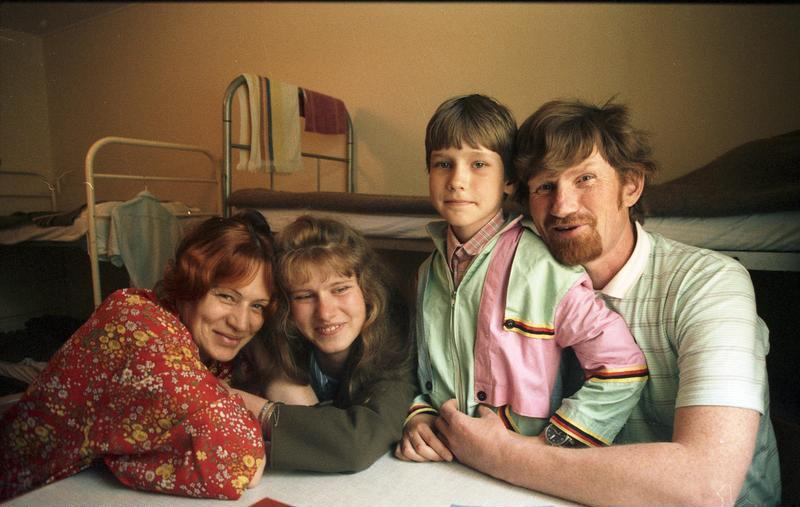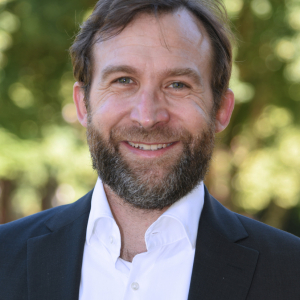Completed research project
This project correlated family ideals with family life and the institutional setting such as legal regulation. It thereby aimed to shed light on the question of how socio-cultural change was initiated and progressed in Germany during the twentieth century. In detail, it asked how social actors defined ‘family’ in different periods and political systems as well as when and how their family ideals changed. Moreover, the social structures of families, everyday family life and gender roles were reviewed. In particular, the project analysed how they shifted in the course of the twentieth century. Finally, the project portrayed the institutional settings such as legal regulations in which the debates on family ideals and family life were embedded.
Reviewing the exchange relationship between the three factors in a final step, the project provided an explanation for the progress of social change. This approach will trace the continuities and caesuras of family ideals, everyday family life and gender roles in German families during the twentieth century. It will thereby also provide an explanation for the influence of democratic and authoritarian political systems on these changes.
Publication: "Familie im 20. Jahrhundert. Konflikte um Ideale, Politiken und Praktiken". Published in September 2019 by De Gruyter Oldenbourg.


